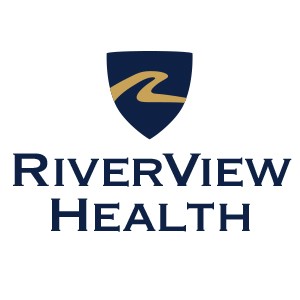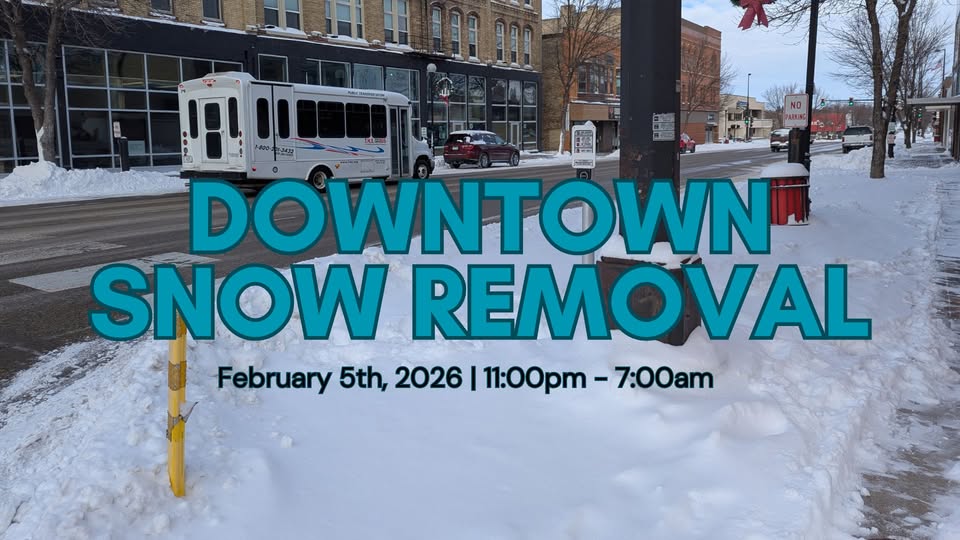April is National Foot Health Awareness Month. Dr. Bethany Staehnke, a podiatrist at RiverView Health since 2018, specializes in foot and ankle issues in her practice in Crookston and East Grand Forks. A Crookston native, Dr. Staehnke’s interests are in sports injuries, biomechanical pathology, arthritis injuries, and flat foot deformities. She treats patients of all ages and focuses on patient education.
“There are so many factors that impact foot health, including ankle issues,’’ Dr. Staehnke shared. “I enjoy working with patients to address foot and ankle issues to get them back on their feet.’’
Disease, poor circulation, improper footwear, and age can all cause foot problems, but there are many things you can do to keep your feet healthy.
Dr. Staehnke shares the following tips for keeping your foundation strong.
- Shoes: Comfortable, well-fitting shoes help prevent many foot ailments. Be sure to have your feet measured before purchasing new shoes, as foot width may increase with age. Proper shoes should have uppers made of soft, flexible material to reduce the chance of skin irritation. Shoes should also have good traction, thick soles for better comfort, and low heels for both comfort and safety.
- Circulation: In many cases, improving circulation can help feet feel better right away. Blood flow to the feet can be reduced by exposure to cold or water, tight shoes, sitting for a long time, or smoking. Improve circulation by standing, walking, exercising, quitting smoking, massaging your feet, or taking a footbath.
- Fungal, Bacterial Conditions: These issues arise when feet are in a dark, damp, warm environment. Fungal and Bacterial infections can cause redness, blisters, peeling, and itching. Delaying treatment can lead to a chronic problem. To prevent foot fungus and bacteria, keep your feet clean and dry, especially between the toes. If you’re prone to fungal infections, regularly dust your feet with fungicidal powder.
- Dry Skin: Itchy, ‘’burning’’ feet may be caused by dry skin. Use lotion on your legs and feet every day if you have dry skin. Lanolin or a lotion with petroleum jelly works best. Wash with a mild soap.
- Corns, Calluses: Friction and pressure when the foot’s bony areas rub against shoes create corns and calluses. Treatment for these issues may include different shoes or special pads. Over-the-counter medicines treat only the symptoms, not the underlying problem. They may sometimes reduce the need for surgery, but treating corns or calluses yourself can be harmful, especially if you have diabetes or poor circulation.
- Warts: Often painful and easily spread if left untreated, warts are skin growths caused by viruses. Over-the-counter remedies rarely work on warts. Warts can be medicated, burned, frozen off, or removed surgically.
- Bunions: When joints in the big toe are out of line and become swollen and tender, bunions form. Bunions may be caused by poor-fitting shoes that press on a deformity or by an inherited weakness in the foot. If a bunion is not severe, shoes cut wide through the instep, and the toes may provide relief. Protective pads may also help to cushion the area. Bunion treatments include applications or injections of medications, whirlpool baths, and sometimes surgery.
- Ingrown Toenails: Especially common in the big toe, ingrown toenails occur when a piece of nail cuts into the skin. An ingrown toenail is generally caused by improperly trimmed nails. Toenails should be cut straight across at the top.
- Hammertoe: Caused by a shortening of the tendons that control toe movement, a hammertoe knuckle usually becomes enlarged, drawing the toe back. Eventually, the joint enlarges and stiffens, possibly affecting balance. Wearing shoes and socks that provide plenty of toe room is recommended in treatment. In advanced cases, surgery may be needed.
- Spurs: These are calcium growths that develop on the foot bones and are caused by muscle strain. They are irritated by long periods of standing, poorly fitting shoes, and being overweight. They range from painless to severely painful. Possible treatment may include heel pads or heel cups to better support the foot.
If you suffer from any of these issues, Dr. Staehnke can help. Call 281-9595 to make an appointment.





